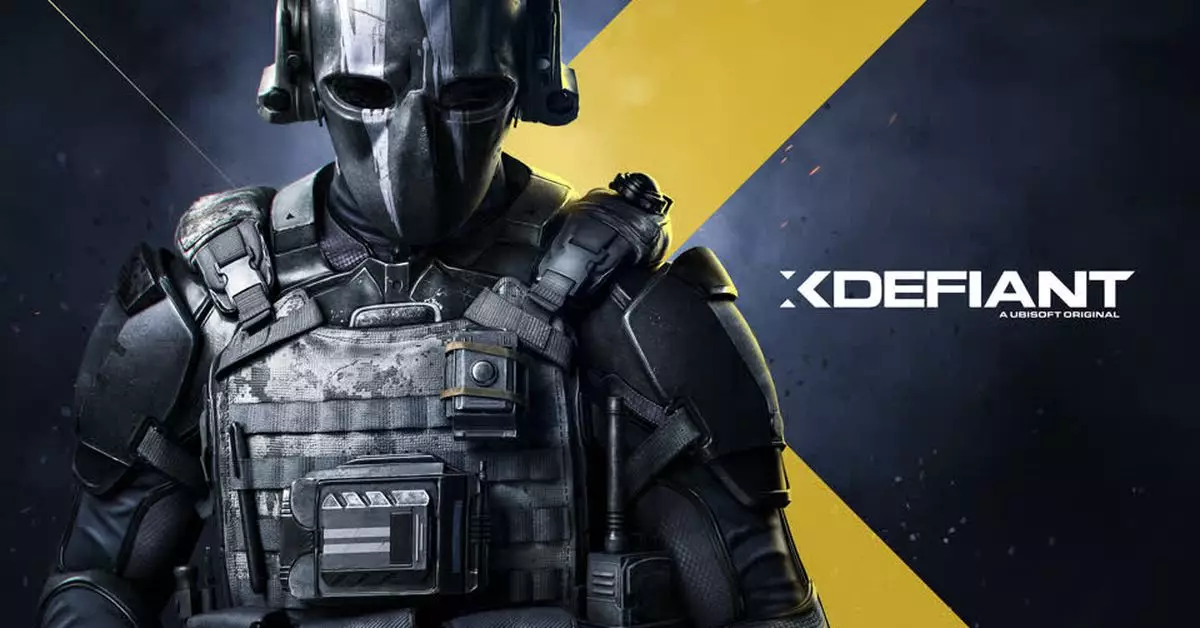Ubisoft’s recent announcement to discontinue development on its free-to-play shooter, XDefiant, has sent shockwaves through the gaming community. Just months after its official launch in spring, the game has become yet another example of high expectations falling short. Initially, XDefiant sparked enthusiasm, especially during its closed beta, which reportedly boasted over a million players. The excitement surrounding this game mirrored that of previous titles like Hyper Scape, both of which came from the same developer seemingly with a promising outlook only to falter.
Upon its launch, Ubisoft boasted that XDefiant achieved more than 10 million players within two weeks, highlighting its acquisition success and strong daily revenue per user. It appeared that the game had tapped into a lucrative niche, attracting a significant player base eager for new team-based multiplayer experiences. However, this enthusiasm was short-lived. The challenge of sustaining such interest proved insurmountable, particularly with rumors of dwindling player counts emerging by fall. Reports indicated that concurrent players had plummeted below 20,000 across all platforms, raising alarm bells about the game’s viability.
What went wrong? XDefiant’s rapid initial growth masked deeper issues that would soon become visible. Player retention is one of the most complex challenges faced by developers, especially in the competitive landscape of free-to-play games. Many titles attract players with exciting marketing and unique mechanics but struggle to convert that initial interest into long-term engagement. Although Ubisoft’s promises of seamless progression, reward opportunities, and constant content updates might have appealed initially, the stark reality of player engagement trends tells a different story.
The decision to halt new player registrations and announce server shutdowns by June 2025 reflects an understanding by Ubisoft that XDefiant could not compete in an ever-evolving marketplace. Even with the launch of planned Season 3 content, the game risks being overshadowed by more successful alternatives that continuously innovate and enhance player experiences.
Financially, Ubisoft is prepared to mitigate some losses, promising refunds to players who invested in in-game purchases shortly before the announcement. This step indicates a keen awareness of the investment players make and acknowledges the potential fallout from such a decision. However, while refunds provide immediate relief, they do little to bolster player trust, which may take much longer to rebuild.
As Ubisoft embarks on new projects, the lessons learned from XDefiant should guide their strategy. To thrive in the competitive free-to-play genre, developers must not only focus on attracting players but also on creating a sustainable ecosystem that nurtures player loyalty. This includes active community engagement, regular content updates that genuinely enrich the player experience, and transparent communication about the game’s development trajectory.
While XDefiant once seemed poised for success, its untimely demise raises critical questions about the challenges of player retention and the responsibilities developers have towards their gaming community. Ubisoft’s experience with XDefiant serves as a cautionary tale for others in the industry, underscoring the importance of sustainable growth over explosive beginnings.

